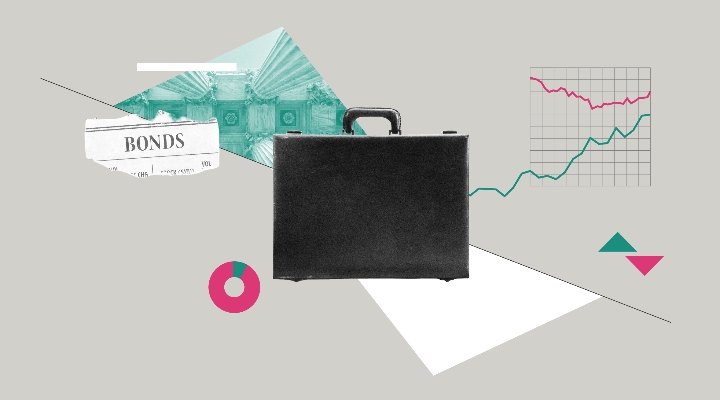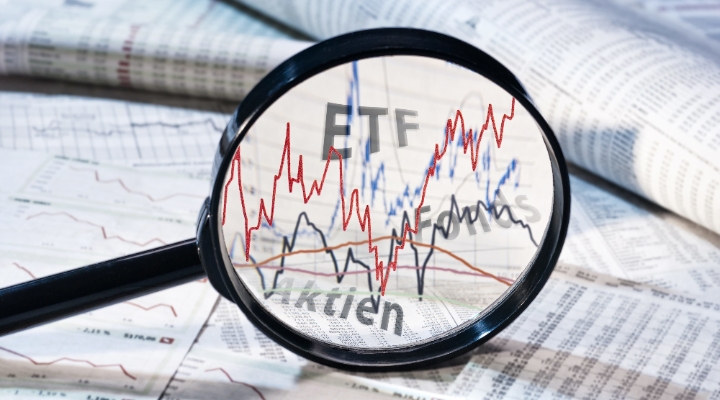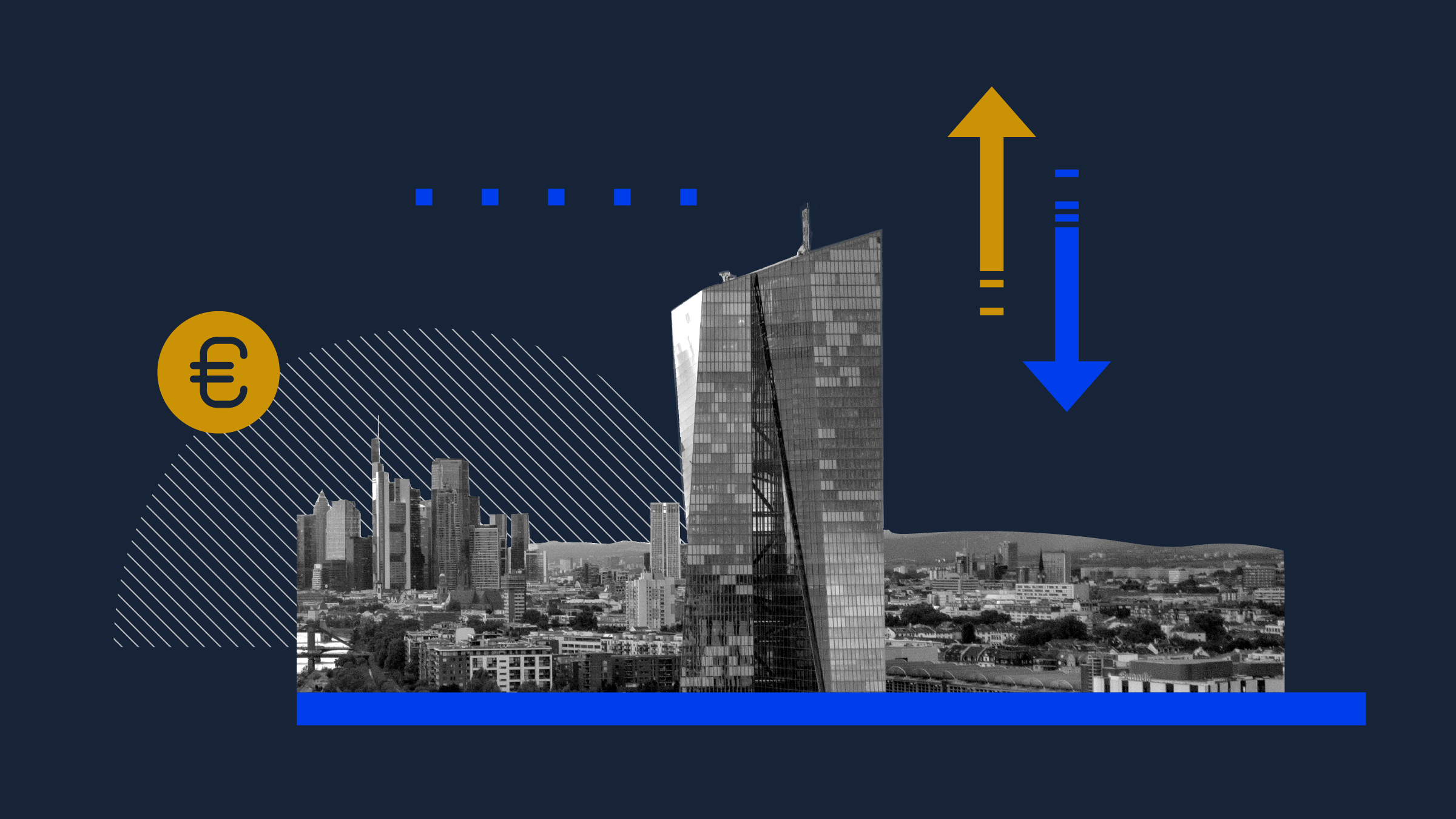The information contained within is for educational and informational purposes ONLY. It is not intended nor should it be considered an invitation or inducement to buy or sell a security or securities noted within nor should it be viewed as a communication intended to persuade or incite you to buy or sell security or securities noted within. Any commentary provided is the opinion of the author and should not be considered a personalised recommendation. The information contained within should not be a person's sole basis for making an investment decision. Please contact your financial professional before making an investment decision.
 Bond Investing: the US Deficit, Volatility and Finding Alpha
Bond Investing: the US Deficit, Volatility and Finding Alpha
Video: Nedgroup's head of fixed income David Roberts on capital flows, market complacency and the...
 How to Position Your Bond Portfolio as Short-Term Yields Fall
How to Position Your Bond Portfolio as Short-Term Yields Fall
The yield curve is no longer inverted, which has important implications for investors
 What the U.S. Election Means for Emerging Market Debt
What the U.S. Election Means for Emerging Market Debt
From tariffs to taxes, managers are preparing portfolios for different scenarios as Kamala Harris...
 Why Two Huge iShares Corporate Bond ETFs Were Downgraded
Why Two Huge iShares Corporate Bond ETFs Were Downgraded
The Medalist Ratings of the two largest short-term euro corporate bond ETFs have been downgraded ...
 How to Find Yield Beyond Government Bonds
How to Find Yield Beyond Government Bonds
High-yield and emerging market bonds can offer opportunities for investors and represent an alter...
 Are FTSE Mining Companies Cheap Right Now?
Are FTSE Mining Companies Cheap Right Now?
Mining companies are operating in a challenging environment but could now be the time to top up o...
 Advice for George Osborne and Stock Market Regrets
Advice for George Osborne and Stock Market Regrets
THE WEEK: Morningstar columnist Rodney Hobson provides two pieces of advice to George Osborne, an...
 How to Find Solid Dividend-Paying Stocks
How to Find Solid Dividend-Paying Stocks
Businesses that have competitive advantages within their industry are good candidates for dividen...
 10 Top-Performing Funds in the UK
10 Top-Performing Funds in the UK
Morningstar reveals the top 10 best performers over the last five years
 Fund Research: Europe’s Shining Stars
Fund Research: Europe’s Shining Stars
Morningstar OBSR reveals the top funds for investors seeking exposure to European equities
 UK Supermarkets Were Full of Festive Cheer. Will it Last The Year?
UK Supermarkets Were Full of Festive Cheer. Will it Last The Year?
Experts examine the investment case for Tesco, Sainsbury’s, Marks & Spencer and Ocado.
 Which Stocks are the Magnificent Seven of Emerging Markets?
Which Stocks are the Magnificent Seven of Emerging Markets?
These technology stocks occupy large parts of highly concentrated EM indexes.
 Will European Stocks Finally Outperform the US Market?
Will European Stocks Finally Outperform the US Market?
In his latest column, Morningstar’s Europe market strategist makes a bold call for 2025.
 Meta: TikTok’s Uncertain US Future Should Benefit Ad Sales
Meta: TikTok’s Uncertain US Future Should Benefit Ad Sales
We are raising our fair value estimate of Meta’s stock.
 6 IPOs to Watch in 2025
6 IPOs to Watch in 2025
AI and fintech companies are among the names expected to ride a renewed wave of IPOs this year.

Dan Culloton Dan Culloton is an associate director of fund analysis for Morningstar and editor of Morningstar's Vanguard Fund Family Report, a monthly newsletter that offers independent, no-holds-barred guidance on the pros and cons of this dominant fund family. Click here for a free issue of the Vanguard Fund Family Report.